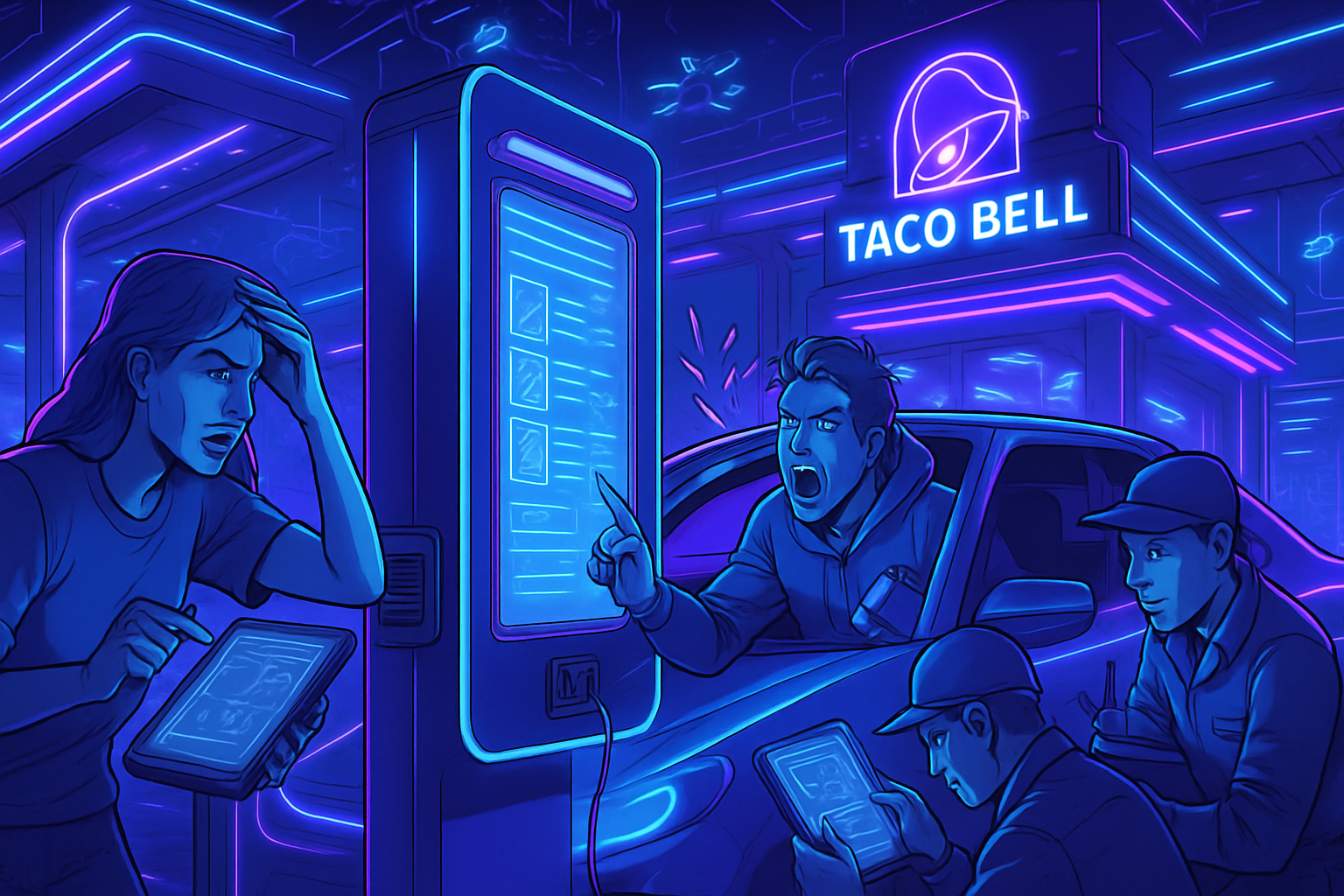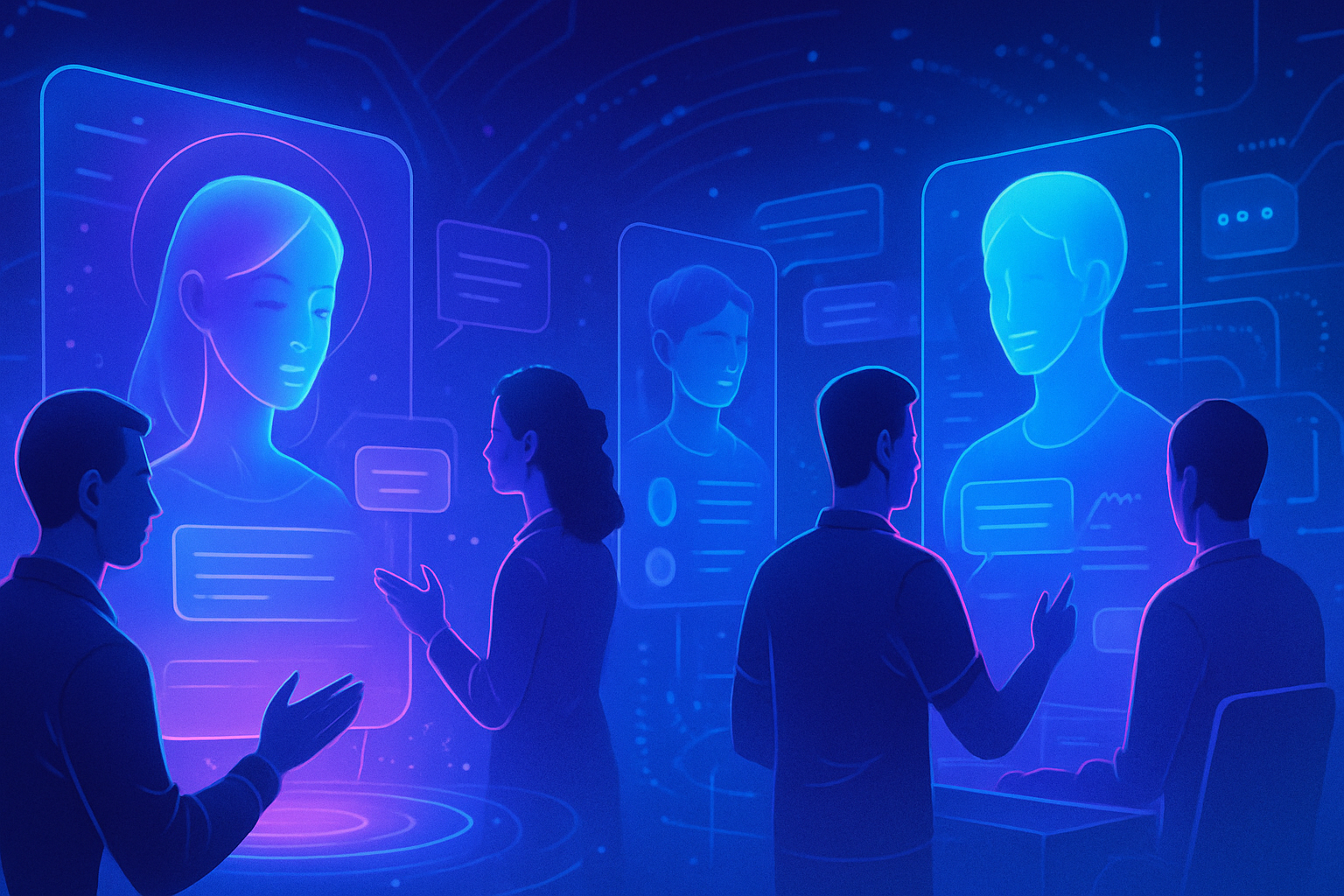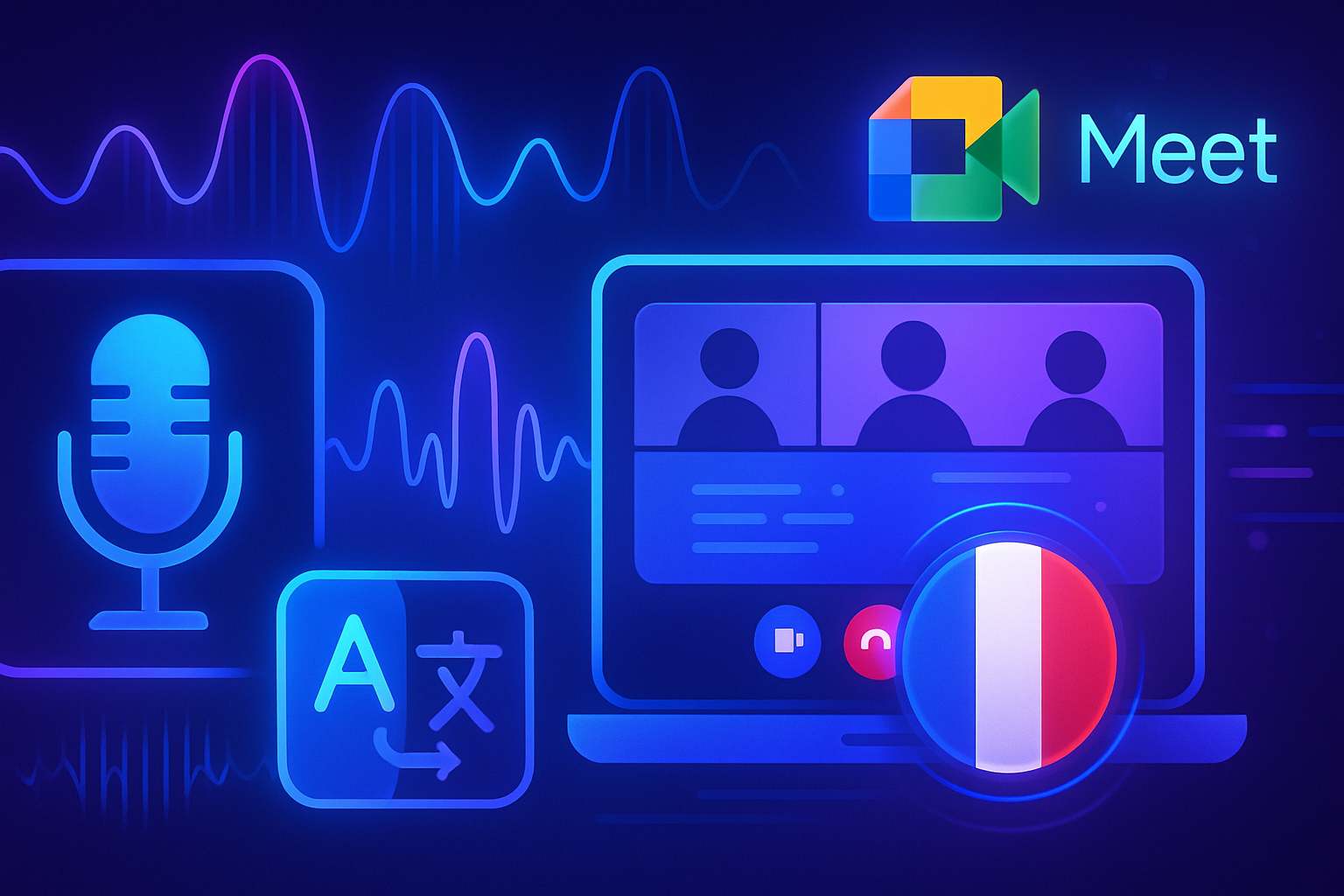Burkina Faso is witnessing an unprecedented phenomenon, mixing *music and propaganda*. Iconic figures like Beyoncé and the pope appear in clips shaped by artificial intelligence to support leader Ibrahim Traoré. This phenomenon illustrates a *powerful media tool*, leveraging the fame of celebrities to shape public opinion. The militarization of popular culture raises questions *about mass manipulation*, while political stakes become more complex, transcending African borders.
Beyoncé and AI-generated music
A remarkable phenomenon has emerged in Burkina Faso, where famous songs imitating the voice of Beyoncé celebrate leader Ibrahim Traoré. These musical creations are developed using artificial intelligence technologies. Somewhere between admiration and political instrumentalization, the American singer’s figure becomes the icon of an unexpected promotional support.
Hundreds of clips, displaying millions of views, show a multitude of artists, including Justin Bieber and Rihanna, singing praises of Captain Traoré. The organized online release of these videos began in May and has helped bolster the image of this military leader, who came to power through a coup in September 2022.
Digital propaganda and influencers
The proliferation of these digital contents represents a well-orchestrated communication maneuver. These videos have spread on social media, relayed by Anglophone African influencers. Their speeches, often imbued with anti-imperialist sentiments, respond to a certain need for self-affirmation on the international stage.
Google searches indicate that a simple keyword like “God Protect Ibrahim Traoré” reveals the extent of this phenomenon. These creations, more than just a simple artistic exuberance, are part of a well-driven propaganda device. This strategy has managed to reach countries like Nigeria, Kenya, and South Africa, where the message resonates deeply.
The fake speech of Pope Leo XIV
A surprising fact: a fake speech attributed to Pope Leo XIV has also circulated online, further galvanizing this enthusiasm. The dissemination of these AI speeches contributes to building a misleading image of leadership in Burkina Faso, while exploiting the symbolic authority of ecclesiastical figures. This phenomenon raises questions about the reality and impact of such contents on public opinions.
A troubled political context
Captain Ibrahim Traoré faces multiple challenges. Despite his promise to fight against jihadist forces, the insurgency in his country has continued to intensify since his rise to power. His government has increased the arrests of opponents, revealing an authoritarian drift that undermines his popular support.
Mathieu Pellerin, an analyst at the International Crisis Group, highlights the gap between the carefully cultivated image of propaganda and the reality experienced by Burkinabés. Although the clips and speeches create an image favorable to the leader, this image is gradually eroding. The realities on the ground do not necessarily reflect what these media productions convey.
The implications of AI usage
The emergence of AI-generated contents raises essential issues regarding our perception of reality. The impact of these new technologies on information deserves particular attention. The propensity to create fictional narratives can distort the factual understanding of political issues.
The effects of this misinformation, reinforced by iconic personalities, demonstrate how technology can be manipulated as a communication tool. The ethical implications of this practice go beyond simple propaganda, touching on questions of sovereignty and autonomy of speech.
For more information on the impact of AI on our perception of reality, consult this article.
Frequently Asked Questions
Why are Beyoncé and the pope associated with propaganda in Burkina Faso?
Beyoncé and the pope are used in AI-generated videos to support leader Ibrahim Traoré. Their image and voice are manipulated to reinforce the image of those in power and galvanize popular support.
What impact do these videos have on Ibrahim Traoré’s international image?
The videos, shared by African influencers, help strengthen Traoré’s image internationally, especially in Anglophone countries where his anti-imperialist speeches resonate.
How were the videos supporting Ibrahim Traoré disseminated on the internet?
Most of the videos were published in early May by new YouTube channels, and their dissemination was coordinated, leading to their rapid spread across various platforms.
Is there evidence that the Burkinabè government is involved in the creation of these videos?
Although there is no concrete evidence indicating direct government involvement, the timing of their publication coincides with a communication campaign in favor of Traoré.
What are the effects of this propaganda on the national perception of Ibrahim Traoré?
While the propaganda has helped strengthen his international image, popular support at the national level seems to be decreasing in the face of increased arrests and violence.
What role do artists like Justin Bieber and Rihanna play in this affair?
Their voices and images are used in AI-generated songs to create supportive messages for the regime, thus increasing the reach of the propaganda.
Are AI-generated videos legal?
The legality of such videos depends on copyright issues and the use of celebrity images. Generally, unauthorized use of their works can present legal problems.
What are the repercussions of this propaganda on Burkinabè popular culture?
This propaganda could influence how popular culture evolves, incorporating elements of political support through popular music and digital influence.






